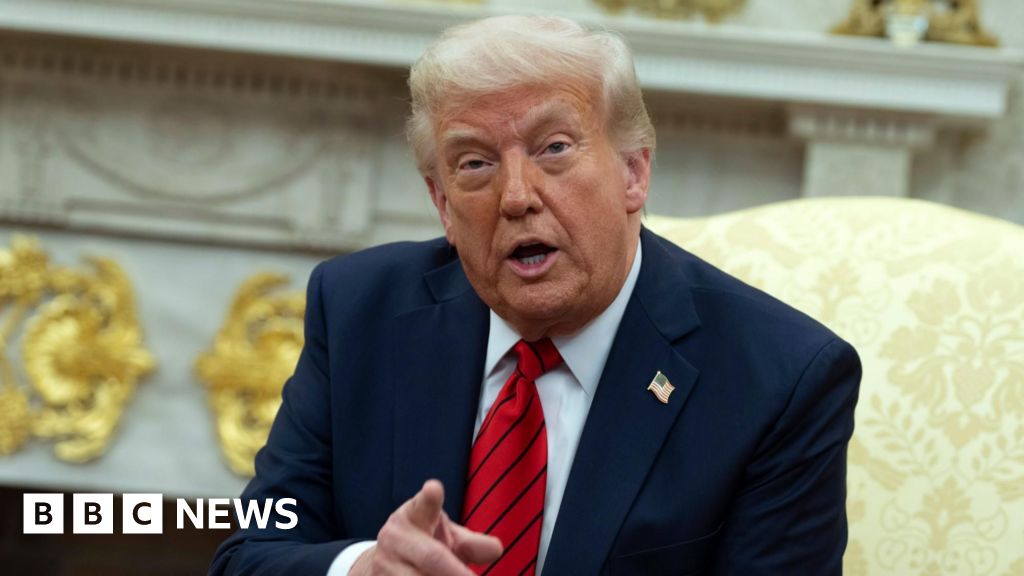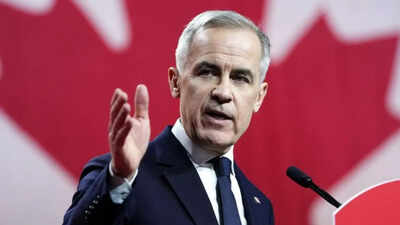Steve Coogan's 'The Penguin Lessons' Sparks Reflection on Wealth and Political Disengagement

Steve Coogan, the acclaimed British actor and comedian, is keen for audiences to engage with his latest film, The Penguin Lessons. Through this poignant narrative, Coogan invites viewers to reflect on the notion of living within a privileged bubble, often detached from the pressing realities of the wider world. The films central character, a British expatriate teaching children in Argentina, embarks on a journey that highlights not only a unique relationship with a rescued penguin but also a deepening connection with the local community, particularly in the face of political adversity.
The story is rooted in truth, showcasing how an outsider can become an integral part of a communitys struggle against oppressive forces, specifically a right-wing government that marginalizes its citizens. Coogans portrayal sheds light on the significant role individuals can play in fostering solidarity and compassion, even when they come from vastly different backgrounds.
Coogan expresses growing concern over a disturbing trend of right-wing political movements, which seem to thrive on a mentality of self-interest and isolationism. This shift is evident across various nations, prominently in the United States, the United Kingdom, France, and Germany. As local elections approach in the UK, the emergence of right-wing parties will be closely scrutinized to assess whether this ideological shift is gaining momentum.
Polling indicates a notable increase in support for right-wing candidates, many of whom advocate for policies that promise tax cuts, reduced regulation, curtailed immigration, and an emphasis on personal freedomspecifically the freedom to allocate financial resources as one sees fit. This perspective often extends to wealth derived from family inheritance or investments. The rhetoric of 'Making America/Britain/France/Germany great again' tends to focus on policies that are increasingly extreme, often disregarding the negative consequences they may have on broader society.
The economic fiasco initiated by former UK Prime Minister Liz Truss in 2022 serves as a cautionary tale of such reckless governance. As the political landscape evolves, there is a palpable sense of unease regarding the potential for parties like Reform in the UK, the National Rally in France, and the Alternative for Germany (AfD) to acquire enough electoral power to significantly influence or even dominate governance.
Political scientists have long noted the correlation between financial security and a rising inclination towards risky political choices among voters. The emerging social contract appears increasingly skewed in favor of affluent baby boomers, wherein the state facilitates the exclusion of the less fortunate, effectively keeping them out of sight. This transformation represents a radical departure from previous political norms that prioritized collective welfare and community support. In stark contrast, today's affluent suburban voters often favor a government that allows them to remain insulated from societal issues.
This new paradigm disrupts the traditional social contract, which historically involved a mutual commitment between the wealthy and the impoverished, ensuring that societal upliftment was a shared goal. Instead, we now confront a reality where the privileged are content to maintain their wealth while ignoring the plight of those less fortunate. Such inequities are perpetuated by decades of rising property values and the fading of generous pension plans once common in the private sector.
Research conducted by Oxford academics Jane Green and Raluca Pahontu suggests that financial security can embolden individuals to take greater political risks, leading to support for radical policies. Ben Ansell, a professor of comparative democratic institutions, aptly summarizes this phenomenon with the term 'Fadfo'an acronym for 'fuck around, dont find out.' This encompasses voters who back radical economic strategies out of a sense of disenfranchisement, driven by a desire for respect and acknowledgment in a society that increasingly marginalizes them.
Many wonder if Liz Truss's administration marked the peak of this risky political mindset. However, its crucial to note that those most negatively impacted by her policies were not necessarily her core supporters. Instead, disillusioned millennials, often better educated, have found themselves aligning more with progressive parties like Labour, the Liberal Democrats, and the Green Party, distancing themselves from right-wing rhetoric.
Rob Ford, a political professor at the University of Manchester, has identified age and education as pivotal factors influencing voter behavior in recent elections. Younger, well-educated individuals are inclined towards progressive ideals, while older, less educated voters have increasingly gravitated towards conservative ideologies. Despite this trend, it remains true that affluent baby boomers tend to vote in higher numbers than their younger counterparts, posing challenges for progressive movements.
The implications of this evolving political landscape are concerning for Coogan and others worried about the trajectory of late-stage capitalism. This era appears defined by households retreating into themselves, benefiting a professional elite while leaving the underprivileged behind. There is hope, however, that the lessons learned from the Truss experiment and the tumultuous policies championed by figures like Donald Trump could signal a turning point, awakening voters to the realities of these radical policy proposals and their far-reaching consequences.



















